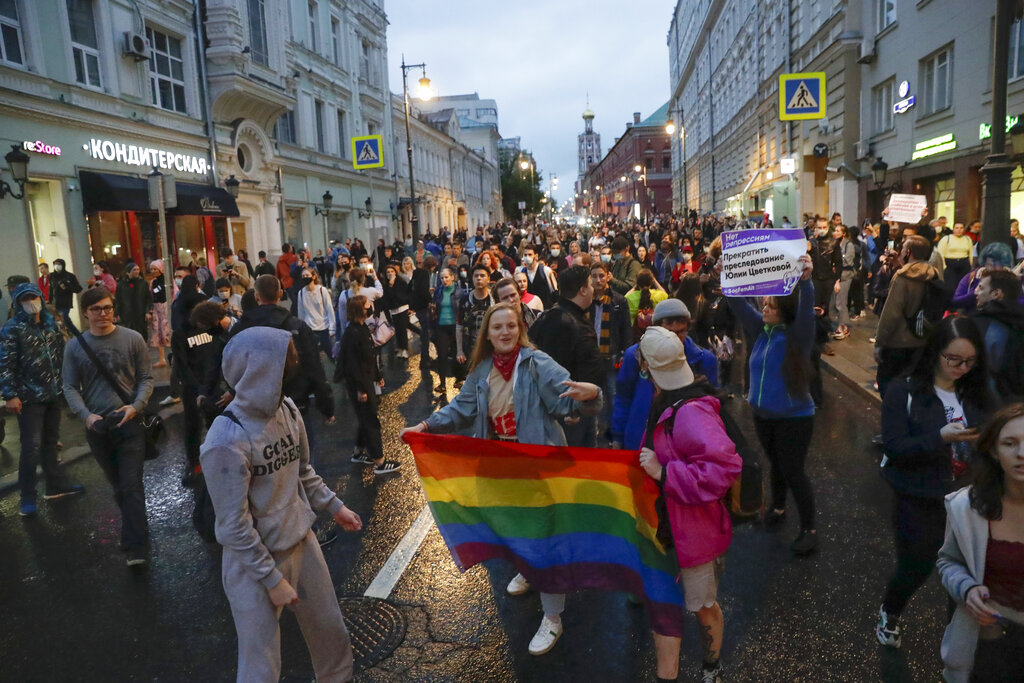Germany experienced a dramatic rise in asylum applications in the first six months of the year, with a significant increase over the figure recorded for the same period last year.
According to the biannual report from the Federal Office for Migration and Refugees (BAMF), a total of 162,271 migrants applied for asylum in Germany from January to June, up 77.5 percent from the 84,583 applications made in the first six months of 2022.
Germany recorded 244,132 asylum applications in all of 2022, and 190,816 in 2021, suggesting this year’s figure will far exceed the figures the country has experienced in the post-pandemic years.
The figures related solely to asylum applications and do not factor in legal or illegal immigrants who have failed to declare themselves to authorities.
The report stated that the vast majority of asylum seekers originate from Islamic nations, with 71.1 percent arriving in Germany from Syria, Afghanistan, Turkey, Iran, Iraq, Somalia or Eritrea.
Similarly, three-quarters of all asylum seekers are both male and under the age of 30.
[pp id=83167]
Asylum applications from Turkey have tripled within a year, with 19,208 individuals making a claim so far in 2023, up 209 percent. Claims from Afghanistan and Syria have also skyrocketed, up 80 percent and 77 percent, respectively.
At its current trajectory, asylum applications will be in the region of 325,000 for the year, a figure only surpassed three times in Germany’s history — during the migrant crisis of 2015 and 2016, and back in 1992.
The federal government, which has overseen the high rate of immigration into Germany, has been the subject of criticism from the chairman of the German Federal Police Union, Heiko Teggatz, as a result of the figures released this week.
“With an increase in the number of asylum seekers of 77.5 percent, it is beyond a doubt that the measures agreed at the refugee summits have failed miserably,” he told the Bild newspaper.
He called on Interior Minister Nancy Faeser to “finally wake up from her slumber and assume her responsibility for the people in this country.”
“That’s almost two big cities that immigrated in a few months,” said CDU MP Alexander Throm about the figures.
[pp id=86125]
“I don’t see that the traffic light government understands the seriousness of the situation. For illegal migration, all lights are still green at this traffic light. Nancy Faeser should have made protecting the German borders a priority long ago, which she is reluctant to do,” he added.
Even FDP politicians, a party within the federal traffic light coalition, are sensing the turning tide in public opinion on the issue of immigration. Stephan Thomae, the party’s parliamentary director, said in response to the figures that if the number of refugees arriving in Germany through “countries like Poland or the Czech Republic continues to rise sharply, we will have to think about temporarily tighter internal border controls.”






